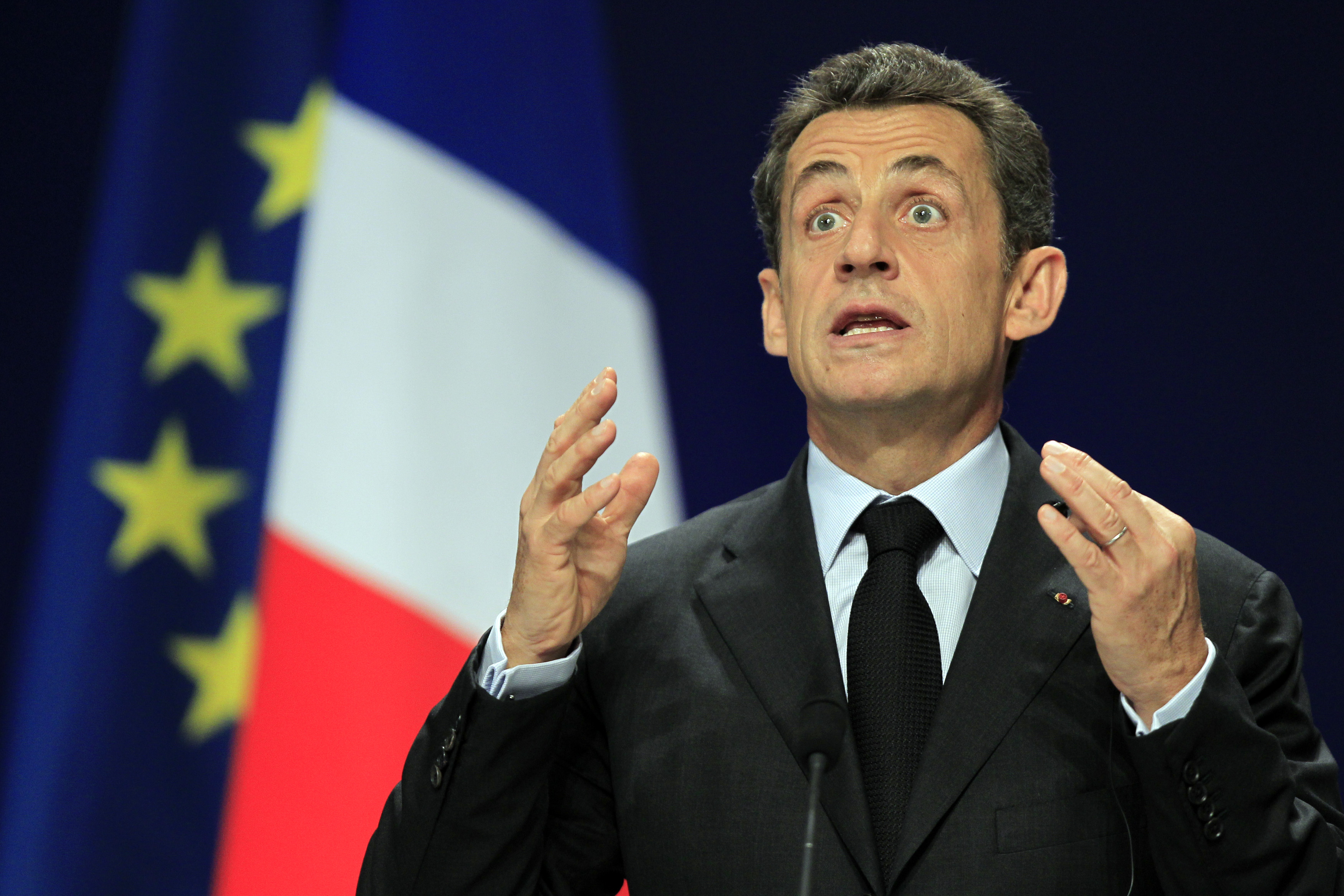Public outcry “set to topple banking secrecy”

Switzerland’s prized banking secrecy, already under pressure from multiple countries, faces its biggest threat from public opinion, according to a tax haven expert.
The global economic crisis has triggered a public outcry against tax havens which is here to stay, journalist and author Nicholas Shaxson told swissinfo.ch.
Shaxson believes that Switzerland – and other global tax havens – cannot resist the rising tide of sentiment against the illicit offshore financial system for much longer.
The only question is whether the powerful architects of systems that hide the assets of the wealthy can continue to keep one step ahead of legislators, regulators and the tax man.
swissinfo.ch: What is Switzerland’s role in the global tax haven network?
Nicholas Shaxson: There have been tax havens since the beginning of time and Switzerland has been the global tax haven par excellence for the last couple of centuries.
But the era of globalisation saw the emergence of a more hyperactive Anglo-Saxon version of tax havens. We have different flavours of secrecy, trusts, foundations and all sorts of corporate vehicles that cast a huge cloak of secrecy over assets spread all over the world.
What was once a fairly Swiss-dominated offshore model has now become a global eco-system with Switzerland remaining as an important player.
swissinfo.ch: How serious is the global crackdown on tax havens?
N.S.: There are elements of a crackdown in place, but it is more a case of individual countries making efforts to protect themselves in the face of fiscal deficits.
But if there is one single reason that banking secrecy will disappear in the next few years, it is because there has been a significant mood change among the public all around the world.
The economic crisis has lit a fire under this movement. Whether the public mood is here to stay just depends on how long the crisis lasts and how deep it will be. Many observers believe economic conditions will remain bad for some time to come.
swissinfo.ch: Havens have a habit of staying one step ahead of the regulators.
N.S.: We have a constant process of competition between the various jurisdictions to create the next big loophole.
One of the main games in tax evasion is to create discretionary structures where the assets go into a legal limbo and it is next to impossible to identify the beneficial owner.
Powerful financial interests are also influencing legislation. While OECD [Organisation for Economic Co-operation and Development] countries say they are cracking down on tax havens, a lot of these countries themselves are the biggest players in the game.
swissinfo.ch: What do you make of Switzerland’s tax treaties with Britain and Germany?
N.S.: Switzerland is good at choosing moments when other countries are weak. Dangling billions of dollars in a one-off windfall during times of austerity is a powerful incentive.
But the treaties are riddled with loopholes, they are not fit for purpose, they are morally wrong, entrench secrecy, entrench impunity for criminals and send all the wrong signals.
I do not believe the European Commission will allow these treaties to go ahead without major modifications. The European Union, as Switzerland’s largest trading partner, can exert a lot of pressure.
swissinfo.ch: Switzerland insists it is cleaning up its act.
N.S.: Switzerland has made significant advances in the last few years, but it is a response to pressure not a voluntary move. They have circled the wagons and retreated under fire.
Switzerland has made great fanfare about signing revised double taxation agreements. But the OECD information exchange standards are a joke – you have to know the information you are looking for before you can ask for it.
swissinfo.ch: So what is the answer to wiping out tax havens?
N.S.: Closing individual loopholes will make some difference, but when you close a tax loophole some of the money will get captured and some will go to another loophole.
Coordination and cooperation is one of the great answers to addressing international tax havens.
After the Great Depression [of the 1930s] there was a political realignment in many countries and fundamental root-and-branch changes to the international financial system. There needs to be another realignment that addresses the crucial issue of inequality [that allows the wealthy to illicitly grow richer at the expense of poorer sections of the community].
Freelance journalist Nicholas Shaxson has written extensively about tax havens, including a book entitled Treasure Islands: tax havens and the men who stole the world.
He is now a full-time writer and researcher for British-based pressure group Tax Justice Network.
Having moved around the world from Malawi, India, Brazil, Angola, South Africa and Germany, Shaxson now lives in Zurich.
Banking secrecy was enshrined in Swiss law in 1934.
France and Germany launched an attack on Switzerland in October 2008 for allegedly helping foreign tax evaders hide their assets.
The country has been under continuous attack over the issue ever since CDs of stolen bank data were sold to various European countries.
The OECD placed Switzerland on a “grey list” of uncooperative tax havens in April 2009. The Swiss were removed in September after renegotiating several double taxation treaties, but have refused to automatically transfer tax information.
The most damaging tax evasion case against Switzerland involved the activities of UBS bank in the US. In February 2009, UBS was fined $780 million after admitting helping US citizens dodge taxes.
In September 2010, the Swiss government agreed to transfer the details of 4,450 UBS clients to the US – in effect violating Swiss banking secrecy to prevent a ruinous court case for UBS.
Switzerland agreed to ground-breaking withholding tax deals with Germany in August and Britain in October that preserve banking secrecy. But the EC has threatened to take Britain and Germany to court if they implement these deals.
The EC insists on an automatic exchange of information as the basis of tax deals with Switzerland.
French President Nicolas Sarkozy referred to Switzerland as a tax haven in November and vowed that the powerful G20 nations would name and shame tax havens.

In compliance with the JTI standards
More: SWI swissinfo.ch certified by the Journalism Trust Initiative












You can find an overview of ongoing debates with our journalists here . Please join us!
If you want to start a conversation about a topic raised in this article or want to report factual errors, email us at english@swissinfo.ch.